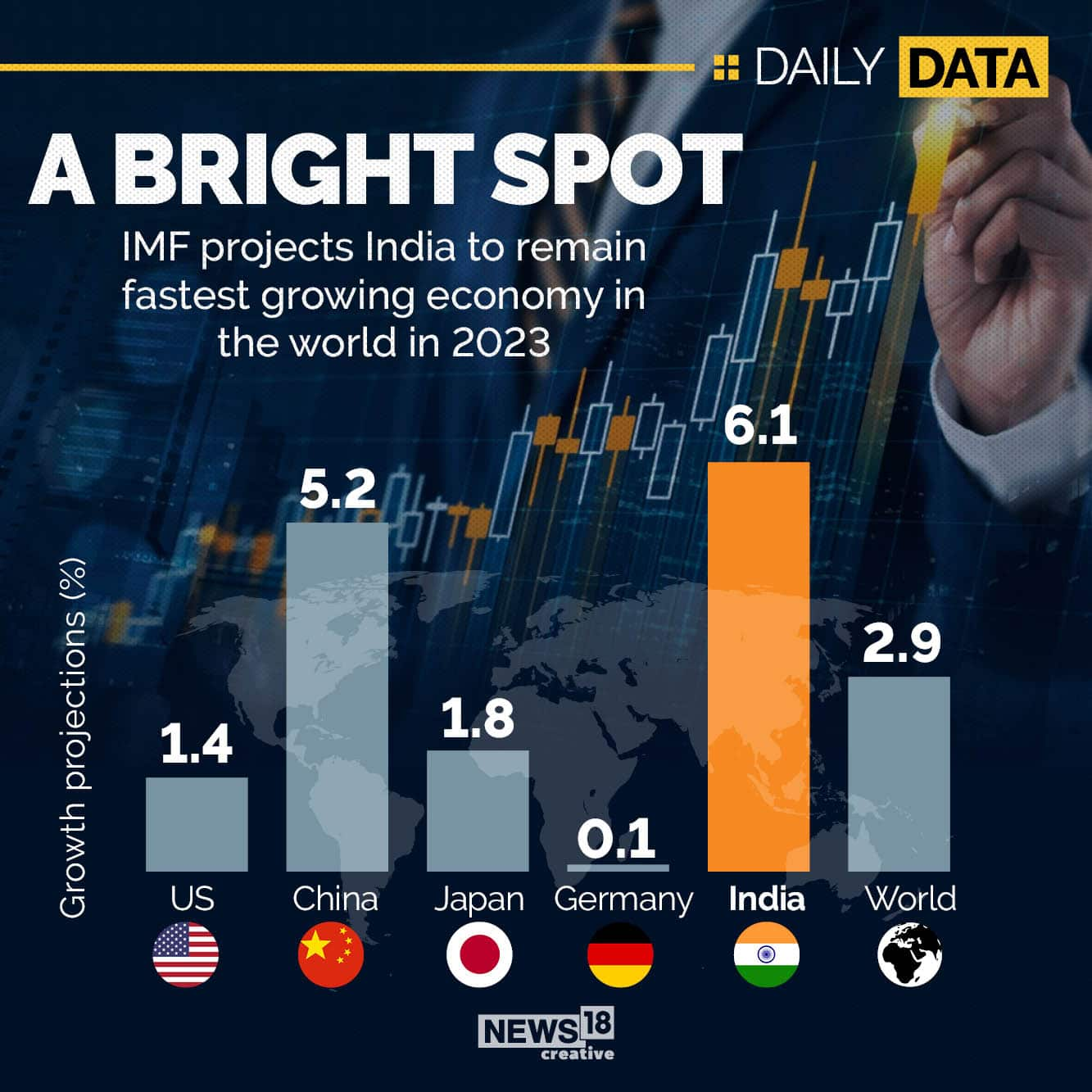California Now World's Fourth Largest Economy: An Economic Analysis

Table of Contents
California has officially overtaken Germany to become the world's fourth-largest economy, boasting a staggering Gross Domestic Product (GDP). This remarkable achievement underscores the state's significant economic power and influence on the global stage. This economic analysis examines the key factors contributing to California's phenomenal success and explores its future prospects, considering both its strengths and challenges.
Key Factors Driving California's Economic Growth
California's rise to the fourth spot isn't accidental; it's the culmination of several key factors fueling its impressive economic growth and high California GDP.
Technology Sector Dominance
Silicon Valley's reputation as the global epicenter of technological innovation is undeniable. This dominance significantly contributes to the California economy.
- Silicon Valley's Innovation: Continuous breakthroughs in software, hardware, and biotechnology drive job creation and attract substantial venture capital funding.
- Tech Giants' Impact: Major players like Apple, Google, Meta (formerly Facebook), and Microsoft, with their massive headquarters and operations in California, are significant drivers of the state's economic output. Their employment opportunities and tax revenue significantly boost the California GDP.
- Start-up Ecosystem: A thriving ecosystem of startups and incubators fosters constant innovation and competition, further boosting economic growth and attracting global talent.
- Technological Spillover: Advancements in technology in California impact various sectors, from agriculture (precision farming) to healthcare (telemedicine), creating ripple effects throughout the economy.
Robust Entertainment and Media Industries
California's entertainment and media industries remain a powerful force in the global economy, significantly impacting the state's GDP.
- Hollywood's Enduring Legacy: Hollywood's continued dominance in film and television production generates substantial revenue and employment opportunities.
- Digital Media Revolution: The rise of streaming services like Netflix, Disney+, and Hulu, many headquartered in California, has revolutionized the entertainment landscape, further boosting economic activity and the California GDP.
- Broader Entertainment Landscape: The state’s vibrant music, gaming, and animation industries also contribute significantly to the overall economic output.
- Economic Spillover: The entertainment industry's success creates jobs in related fields like advertising, marketing, and tourism, generating significant economic spillover effects.
Agricultural Powerhouse
Despite its technological and entertainment dominance, California maintains a significant agricultural sector, further bolstering its economic strength.
- Agricultural Diversity: California is a leading producer of a wide variety of agricultural products, including fruits, vegetables, nuts, and dairy products. These exports contribute substantially to the state's trade balance and California GDP.
- Agricultural Exports: California's agricultural products are exported globally, making it a key player in the international agricultural market.
- Sustainable Agriculture: While facing challenges, the state is increasingly focusing on sustainable agricultural practices to ensure long-term economic viability and environmental protection.
- Agritech Innovation: The integration of technology into agriculture is enhancing efficiency and productivity, further boosting the sector's contribution to the California economy.
Comparison with Germany: Identifying Key Differences
While California has surpassed Germany in GDP, significant differences exist between their economies.
Sectoral Diversification
California's economy is heavily concentrated in technology, while Germany boasts a more diversified industrial base, particularly in automotive manufacturing, engineering, and advanced manufacturing. This diversification provides Germany with resilience against shocks affecting specific sectors.
Economic Models
California's economic model emphasizes innovation and technology, attracting entrepreneurs and venture capital. Germany, on the other hand, has a more traditional industrial model focused on manufacturing and exports, with a strong emphasis on vocational training and apprenticeships. These differing economic policies and approaches contribute to the distinct characteristics of each economy.
Global Economic Impacts
California's rise as the world's fourth-largest economy signifies the growing importance of the technology sector in the global economy. Germany's shift in ranking highlights the need for economic diversification and adaptability in a rapidly changing world. The implications for global trade, investment, and technological leadership are significant.
Challenges and Future Outlook for the California Economy
Despite its economic success, California faces considerable challenges that could impact future growth.
High Cost of Living
The exceptionally high cost of living, particularly housing, poses a significant challenge to both residents and businesses. This can hinder economic growth by limiting workforce participation and driving up business costs.
Income Inequality
A widening gap between the wealthy and the poor presents a societal and economic concern. Addressing income inequality is crucial for ensuring social stability and sustainable economic growth.
Environmental Concerns
California faces significant environmental challenges, including droughts, wildfires, and the impacts of climate change. These environmental issues impact various sectors of the economy, requiring significant investment in mitigation and adaptation strategies.
Future Growth Potential
Despite these challenges, California possesses substantial future growth potential. Continued innovation in technology, particularly in areas like renewable energy, biotechnology, and artificial intelligence, will be critical. Investing in infrastructure, education, and affordable housing will be essential for sustaining long-term economic prosperity.
Conclusion
California's ascension to the world's fourth-largest economy is a testament to its technological prowess, vibrant entertainment industry, and significant agricultural sector. However, addressing challenges like the high cost of living, income inequality, and environmental concerns is crucial for ensuring sustainable economic growth. Understanding the implications of California's economic strength for global markets and staying informed about the future of the California economy and its California GDP is crucial. Further analysis of the California economy and its global impact is vital to understanding future economic trends. Learn more about the California GDP and its ongoing growth. Explore the complexities of the world economy and California's role within it.

Featured Posts
-
 American Battleground Wealth Power And The Fight For Control
Apr 26, 2025
American Battleground Wealth Power And The Fight For Control
Apr 26, 2025 -
 Colgates Financial Results Tariffs Drive 200 Million Cost Increase
Apr 26, 2025
Colgates Financial Results Tariffs Drive 200 Million Cost Increase
Apr 26, 2025 -
 Exclusive Pentagon Chaos Shakes Pete Hegseth Amidst Polygraph Threats And Leaks
Apr 26, 2025
Exclusive Pentagon Chaos Shakes Pete Hegseth Amidst Polygraph Threats And Leaks
Apr 26, 2025 -
 La Fires Fuel Landlord Price Gouging Claims A Selling Sunset Star Speaks Out
Apr 26, 2025
La Fires Fuel Landlord Price Gouging Claims A Selling Sunset Star Speaks Out
Apr 26, 2025 -
 Green Bay Welcomes Nfl Draft First Round Preview
Apr 26, 2025
Green Bay Welcomes Nfl Draft First Round Preview
Apr 26, 2025
